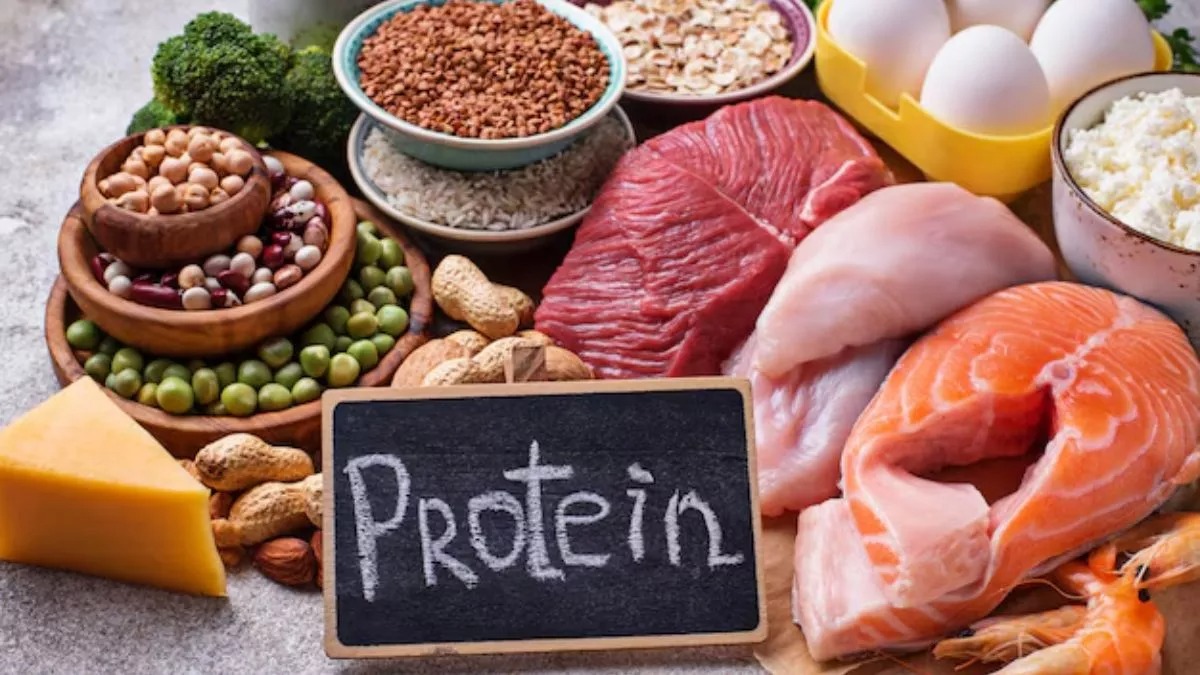
Protein is a vital nutrient that supports muscle growth, immune function, and overall health. A deficiency can lead to weakness, fatigue, and other health issues. Recognizing the early symptoms can help in taking the right steps to restore protein levels.
8 Symptoms of Protein Deficiency
Muscle Weakness and Loss
- Lack of protein causes muscle breakdown, leading to weakness and reduced strength.
Frequent Fatigue
- Low protein intake results in energy loss, making you feel tired throughout the day.
Hair Thinning and Breakage
- Protein deficiency affects hair structure, leading to hair fall and brittleness.
Slow Wound Healing
- Protein is crucial for tissue repair; a lack of it delays recovery from injuries.
Weak Immune System
- The body struggles to fight infections, leading to frequent colds and illnesses.
Swelling in Hands and Feet
- Low protein levels cause fluid retention, leading to swollen limbs.
Skin and Nail Problems
- Dry skin, weak nails, and rashes may indicate a lack of essential amino acids.
Increased Hunger and Cravings
- A protein-deficient diet leads to constant hunger, as the body lacks essential nutrients for satiety.
How to Overcome Protein Deficiency
- Include High-Protein Foods: Eat eggs, dairy, fish, lean meat, lentils, beans, and nuts.
- Opt for Plant-Based Proteins: If vegetarian, choose soy, tofu, quinoa, and legumes.
- Add Protein Supplements: If needed, consider protein shakes or powders after consulting a nutritionist.
- Balance Your Diet: Combine proteins with healthy fats and carbohydrates for overall nutrition.
--Advertisement--

 Share
Share



